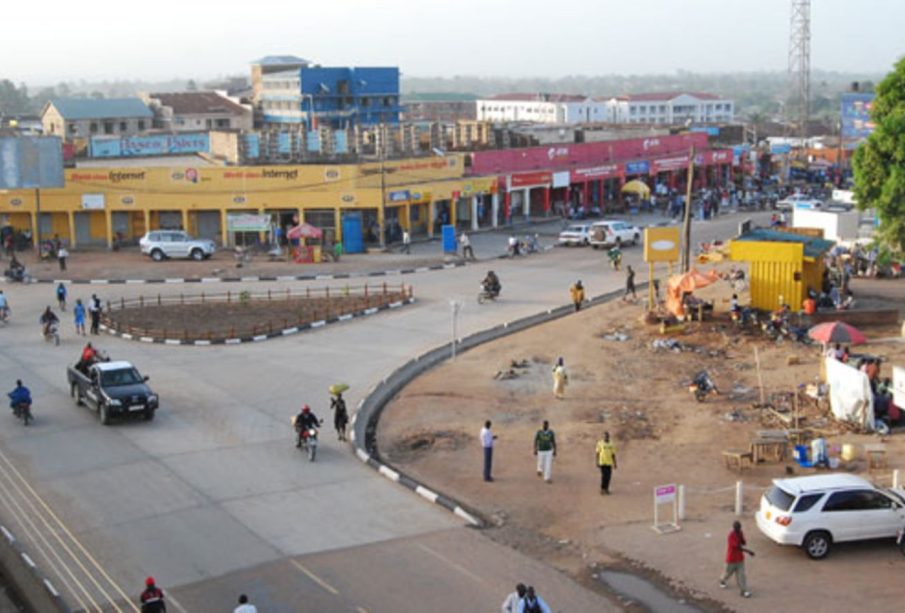Whistleblowers in West Nile Face Threats for Reporting Corruption, Raising Concerns

Local leaders and anti-corruption advocates in West Nile are raising concerns over the threats they face for reporting corruption tendencies in the region. The warnings highlight the potential hindrance these threats pose to ongoing efforts to combat corruption in the area.
Instances of arrests of district and city officials for various corruption-related charges have been reported in West Nile. Earlier this year, the State Minister for Economic Monitoring, Beatrice Akello, ordered the arrest of several officials in Arua City, including the senior city planner, deputy city clerk, chief finance officer, former city engineer, board chairperson of Pangisa PDM SACCO, and the principal town agent for Pangisa ward.
During a validation meeting for the assessment report on the implementation of the zero-tolerance to corruption policy in 2019 held in Arua City, stakeholders revealed that those involved in whistleblowing activities receive threats from anonymous individuals. The threats, ranging from verbal warnings to face-to-face confrontations, are believed to be attempts to deter these individuals from exposing corruption.
Ham Ezama Muzamil, RCC Arua City, acknowledged the existence of corruption in the region, noting that individuals engaged in corrupt practices often believe they are acting discreetly.
Atima Lee Jackson, MP Arua Central Division, shared personal experiences of receiving threats and confrontations for spearheading anti-corruption efforts. She emphasized the need for strengthened measures to protect whistleblowers, stating that these threats could compromise government initiatives aimed at fostering ethics, integrity, and a zero-tolerance approach to corruption.
The stakeholders are calling on the government to enhance and strengthen the capacity of anti-corruption agencies, ensuring that they can effectively reinforce measures to realize the objectives of the Zero Tolerance to Corruption policy. The issue highlights the delicate balance between combating corruption and protecting those actively working to expose it.









